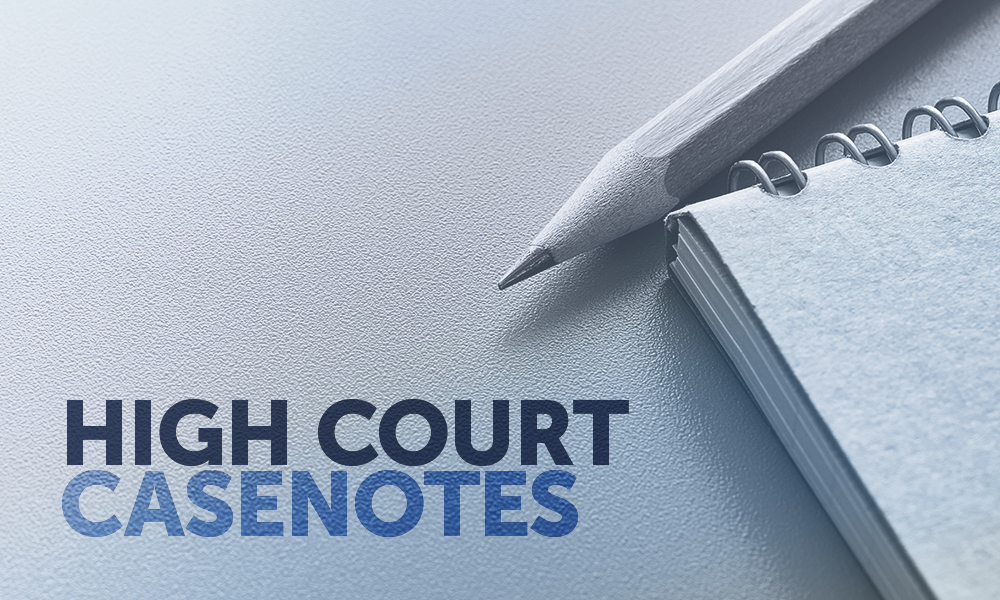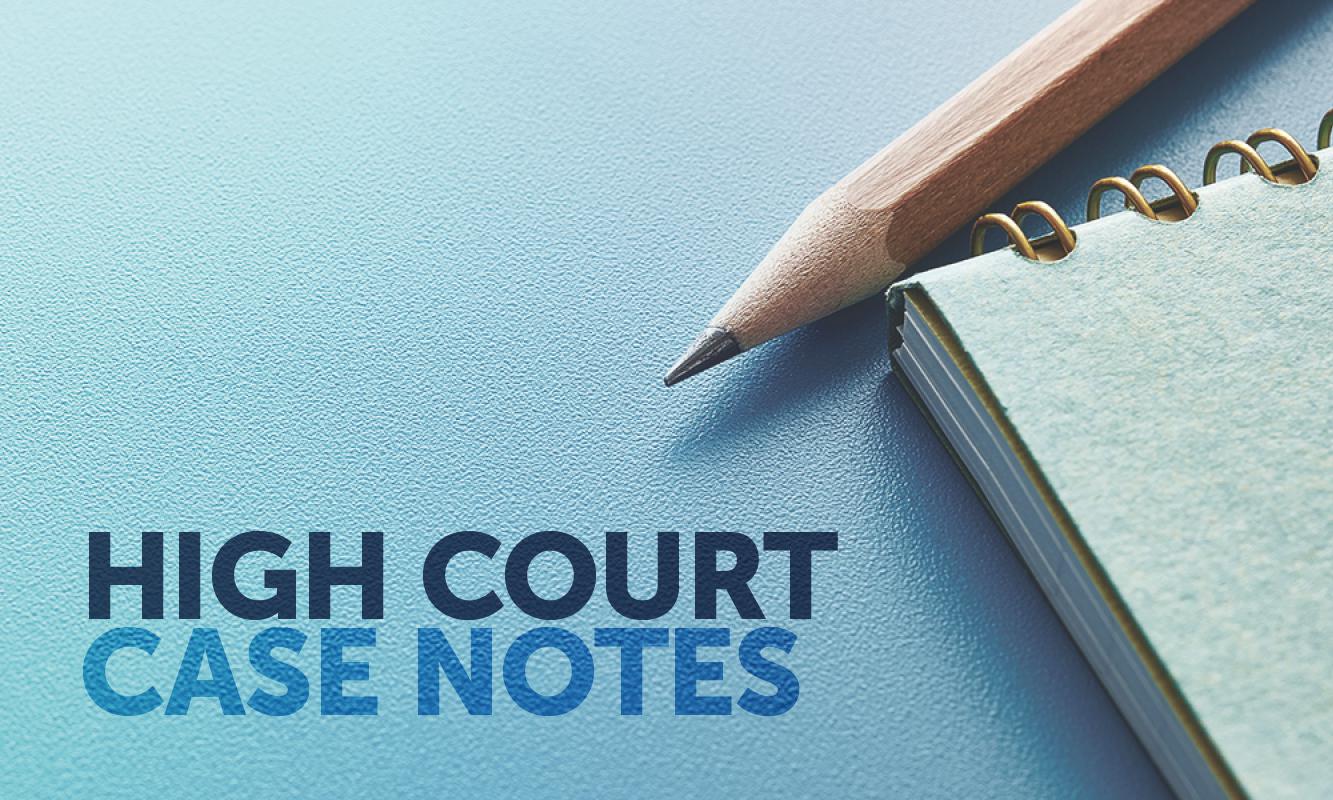In Lewis v Australian Capital Territory [2020] HCA 26 (5 August 2020) the High Court considered whether the appellant (Lewis) was entitled to substantial, rather than merely nominal, damages to:
- vindicate his rights irrespective of whether he had suffered any loss or
- compensate him in circumstances where he would have been held in custody in any event.
Lewis had been sentenced under the Crimes (Sentencing) Act 2005 (ACT) (Sentencing Act) to 12 months’ imprisonment for recklessly or intentionally inflicting actual bodily harm on another by smashing a glass into a man’s face. The sentence was to be served by way of periodic detention on weekends.
After Lewis failed to attend for periodic detention on four occasions, the Sentence Advisory Board (board) notified Lewis of a board inquiry into his non-attendance as required under the Sentencing Act.
Lewis also failed to attend the board inquiry and, in his absence, the board cancelled Lewis’ periodic detention. Relevantly, the Sentencing Act required the board to, as soon as practicable, cancel an offender’s periodic detention, and place the offender in full-time custody, if the board found that the offender had failed to perform periodic detention on two or more occasions. Lewis went on to successfully challenge the cancellation on the basis that the board had denied him procedural fairness. Lewis was granted bail pending the challenge and, ultimately, was not required to serve his initial sentence of periodic detention.
Lewis subsequently sued the Australian Capital Territory for damages for false imprisonment for the 82 days he served in custody before being granted bail.
At first instance Lewis was awarded only nominal damages. The trial judge considered that Lewis had not suffered any loss because, by virtue of the provisions of the Sentencing Act, his periodic detention would have been cancelled in any event. The trial judge also refused an award for “vindicatory damages”, finding no entitlement to such a remedy. Lewis unsuccessfully appealed to the Court of Appeal.
On appeal to the High Court, Lewis did not fare much better. The High Court unanimously dismissed Lewis’ appeal on both fronts. As Gordon J points out, Lewis, in his claim, had essentially conflated liability for the tort of false imprisonment with compensation. Gordon J notes that the tort is actionable per se. And a person who is falsely imprisoned is entitled to a declaration and nominal damages to mark an infraction of his or her legal right.
But no substantial compensatory damages can be awarded where there is no actual loss to compensate. And the High Court unanimously found that substantial “vindicatory damages” was not supported by authority or principle.
Dr Michelle Sharpe is a Victorian barrister practising in general commercial, disciplinary and regulatory law, ph 03 9225 8722, email msharpe@vicbar.com.au. The full version of these judgments can be found at austlii.edu.au.














Share this article